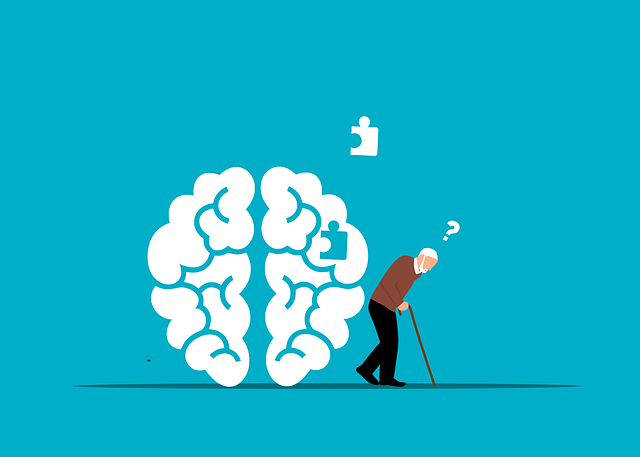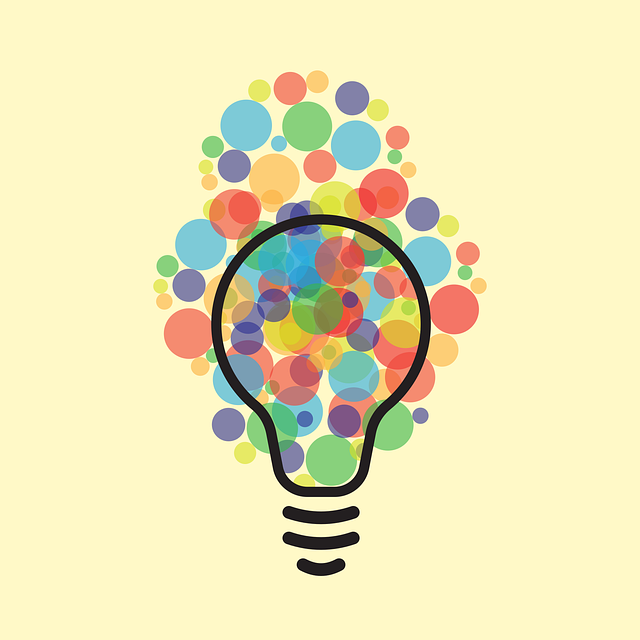Westminster Adolescent and Teen Therapy advocates for digital solutions in mental health support, recognizing the growing need among adolescents. Mental wellness apps, featuring mood tracking, mindfulness exercises, and crisis intervention, offer accessible, discreet self-care tools. These apps, designed with user engagement in mind, include personalized dashboards, educational content, and automated reminders. Development involves integrating therapeutic practices like Compassion Cultivation and Stress Reduction Methods, alongside clean interfaces and community features for successful marketing and user retention. By leveraging real-life testimonials and social media outreach, these apps aim to revolutionize mental health support systems alongside traditional therapy.
In today’s fast-paced world, mental wellness app development is a game-changer. With increasing demand for accessible therapy options, apps like Westminster Adolescent and Teen Therapy fill a crucial gap. This article explores the growing need for digital mental health solutions, delves into key features and design considerations, and provides marketing strategies to engage users effectively. From understanding user needs to implementing evidence-based practices, we uncover how these apps can foster resilience and support overall well-being.
- Understanding the Need for Mental Wellness Apps
- Features and Functionality of Effective Apps
- Development Process and Design Considerations
- Marketing and User Engagement Strategies for Mental Health Apps
Understanding the Need for Mental Wellness Apps

In today’s fast-paced and often stressful world, mental wellness is a paramount concern, especially among adolescents and teens. The rise in mental illness among this demographic has prompted a growing need for accessible, user-friendly solutions that cater to their unique challenges. Westminster Adolescent and Teen Therapy recognizes this gap, highlighting the importance of digital tools in bridging the divide between traditional therapy and modern youth.
Mental wellness apps offer a discreet and convenient approach to supporting young minds. They can facilitate early intervention, reduce the stigma associated with mental illness, and provide ongoing resources for self-care. Moreover, these applications can incorporate various features like tracking moods, practicing mindfulness exercises, and offering social skills training—all essential components in enhancing mental health. With diligent risk management planning for professionals involved, such apps have the potential to revolutionize support systems, complementing traditional therapy while empowering users with tools for personal growth and resilience.
Features and Functionality of Effective Apps

Effective mental wellness apps are designed with a user-centric approach, prioritizing features that foster engagement and therapeutic outcomes. Essential functionalities include personalized dashboards tailored to individual needs, tracking moods and symptoms over time, and providing accessible resources like mindfulness exercises and educational content. Many successful apps also incorporate interactive tools such as meditation guides, journal prompts, and automated reminders for self-care activities, enhancing users’ ability to actively participate in their mental health journey.
For adolescents and teens, these apps can be life-saving, offering discreet access to Trauma Support Services and Crisis Intervention Guidance tailored to their developmental stage. Incorporating Compassion Cultivation Practices has been shown to reduce stress and anxiety, promoting resilience among younger users. Apps like those offered by Westminster Adolescent and Teen Therapy leverage technology to create safe, supportive digital spaces where teens can explore their mental health in a controlled and compassionate environment.
Development Process and Design Considerations

The development of a mental wellness app, like those offering Westminster Adolescent and Teen Therapy services, involves careful consideration of both functionality and design. The process begins with defining key features that cater to users’ specific needs, such as therapy sessions, mood tracking, and personalized self-care routines. Incorporating Self-Care Routine Development for Better Mental Health principles is essential, allowing apps to offer tailored activities like meditation, journaling, or exercise recommendations to enhance overall well-being.
Design considerations play a crucial role in ensuring the app’s effectiveness and user engagement. A clean, intuitive interface with clear navigation is vital for users to access resources effortlessly. Visual elements should promote a calming atmosphere, reducing potential stressors. Moreover, integrating Mental Wellness Coaching Programs Development strategies within the app can provide users with guided support, helping them implement healthy coping mechanisms and Stress Reduction Methods.
Marketing and User Engagement Strategies for Mental Health Apps

Marketing and user engagement strategies play a pivotal role in the success of mental wellness apps. To stand out in a competitive market, developers should focus on creating compelling content that resonates with their target audience. Incorporating real-life testimonials from users, especially those who have benefited from similar apps like Westminster Adolescent and Teen Therapy, can build trust and credibility. Leveraging social media platforms and influencer partnerships can help expand reach, as these channels are increasingly used for mental health awareness campaigns.
Engaging users requires more than just downloading the app; it’s about fostering a sense of community and ongoing support. Implementing features that encourage interaction, such as discussion forums or peer-to-peer support groups, can enhance user engagement. Additionally, promoting self-care practices through tips, challenges, and rewards within the app can incentivize users to adopt healthier habits, like establishing a consistent self-care routine for better mental health. Community Outreach Program Implementation strategies can also be integrated to connect with schools, workplaces, and community centers, ensuring that the app’s benefits are accessible to broader demographics.
Mental wellness apps are transforming the way we approach mental health support, offering accessible and personalized solutions. By understanding user needs, incorporating therapeutic features, and considering ethical development practices, creators can develop effective tools like those offered by Westminster Adolescent and Teen Therapy. Strategic marketing and user engagement are key to ensuring these apps reach their target audience and make a positive impact on mental well-being. With the right approach, these digital resources have the potential to revolutionize mental health care.














